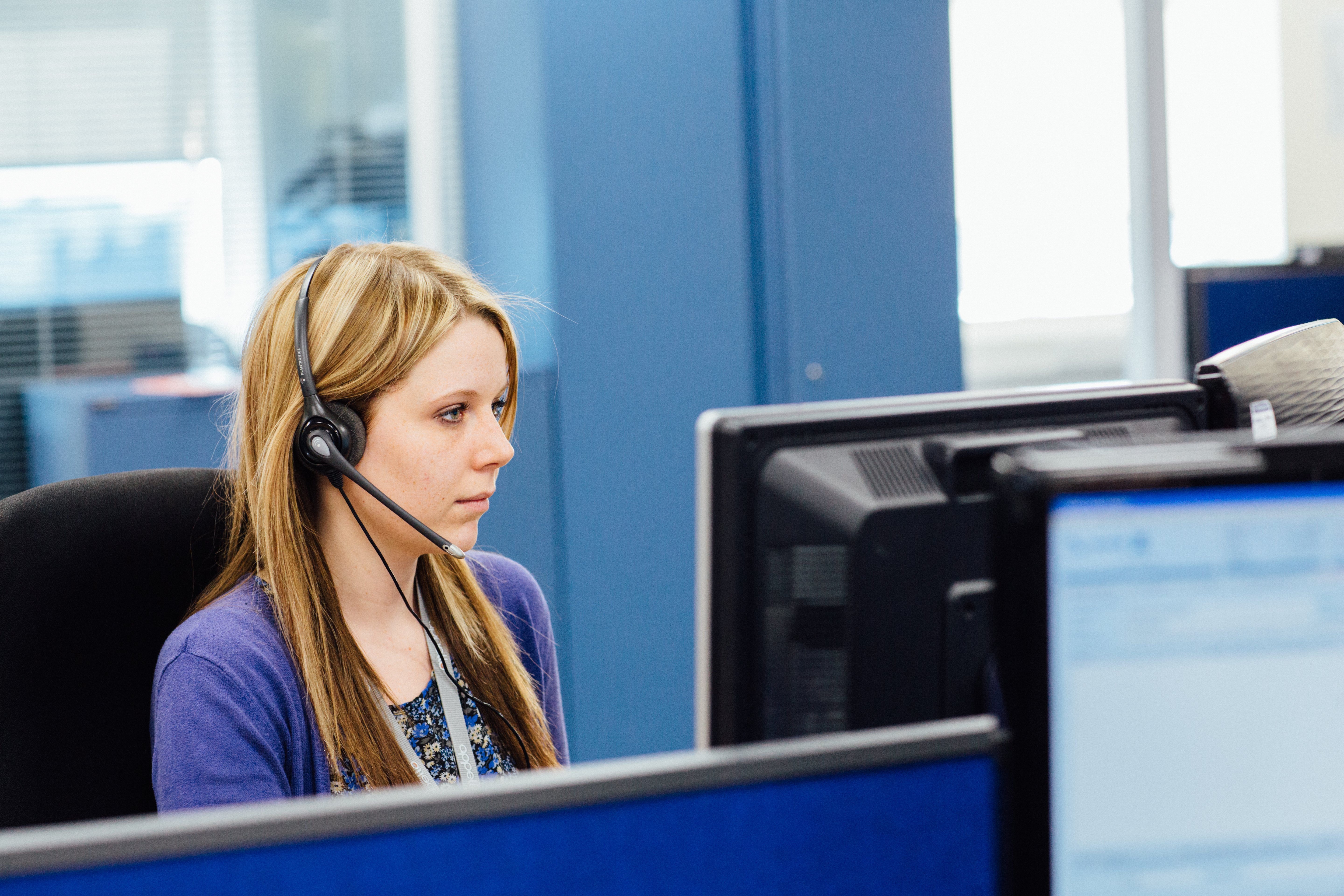
Mental health has affected many during COVID-19 but the TEC workforce, very much at the frontline of services, has been hard hit - but how prepared have we been in supporting our workforce through high-pressure shifts?
Chris Mullen, TSA workforce trainer who specialises in mental health and wellbeing training says how struck he is with the depth of the types of calls monitoring staff are receiving: “Imminent threat calls became and still are an everyday occurrence, whereas staff originally signed up to the job to deal mainly with practical problems.”
“What I’m finding is that many organisations offer some level of support to staff but it’s not going far enough to deal with the new reality on the ground. Those staff working the evening and night shifts when the calls tend to be more on the distress side, feel even less supported, especially if they’re working remotely,” he said.
Symptoms felt by staff dealing with such calls over a sustained period of time ranged from anxiety, sleeplessness, irritability and reduced ability and focus to deal with even standard calls.
Mullen suggests that organisations can put in place some basic processes such as ‘time out’ between distress calls, as well as group ‘hearing and listening’ sessions for staff to “off-load” what they’ve experienced on that day’s calls.
“It’s about balancing practical operational needs against emotional needs of the workforce – it’s essential that staff are given the tools to solve the emotional challenges they face as well as the practical.”
Paul Robinson, Emergency Response Manager for Magenta Living, recognised during the pandemic that organisations needed to do more in the context of mental health and wellbeing issues penetrating across industry: “Talking to my team, I could see that additional support was needed and additional training in dealing with higher volumes of distress calls, something that hadn’t been factored into their original training and experience before COVID-19.”

He reached out to TEC Services Association (TSA) training arm for TEC-specific training around mental wellbeing and was pleased with the delivery and impact of the training on his team. In just four sessions, Paul witnessed improvements in staff wellbeing and team cohesion. “It’s about communicating with your workforce that welfare is central to operations and that training and support is ongoing in terms of workforce development.”
“It worked really well. TSA took the time to listen to us and developed the training around our specific needs and the outcomes were spot on. The call handling team were open with each other, they were able to share experiences and the feeling that ‘we’re all in this together’ and to re-emphasise the support we offer at Magenta Living.”
Magenta Living is committed to support the wellbeing of its people and understands the connection between having a healthy workforce and strong organisational performance, with a number of advanced people practices designed to strengthen and support that connection. Part of that support included the creation of a group of Mental Wellbeing First Aiders within the wider organisation; its task is to be there with a range of support services for those staff on the frontline of services such as 24/7 counselling and an on-call emergency manager. By offering this level of internal support to entire teams, there is the benefit of potentially slowing down churn in staff retention and easing recruitment, a problem currently impacting most emergency services.
Robinson continues: “By putting welfare at the forefront it’s helping to shift the mindset of staff that they should not be afraid to say when they’ve had a tough experience, that there will be no judgment made by senior management and that the organisation in fact will be there for them in that moment of need.”
More about TSA’s training and workforce support
How to upskill your workforce in TEC and digital skills at ITEC Conference 2022
“ It was great to have the opportunity to discuss the equipment, other things we should consider and the chance to ask questions…” “ Great training, loved the way that personal stories were used…” Sarah McCarry Support Planner, Community Led Support - Adult Social Care, Thurrock Council
Just had a very thought provoking (telecare training session 1 with TSA, I have no experience with TEC, I’m a plumbing based building surveyor for NEAP but I have a keen interest in visual impairments and dementia (I have designed the framework for adaptations within dementia friendly for local
The CarelineSoS staff were scheduled to have Call Handling training before the lockdown, and TSA offered the training remotely due to the unprecedented times we are all going through. TSA provided an excellent refresher course to our team over two days. The response quotes from the CarelineSOS team